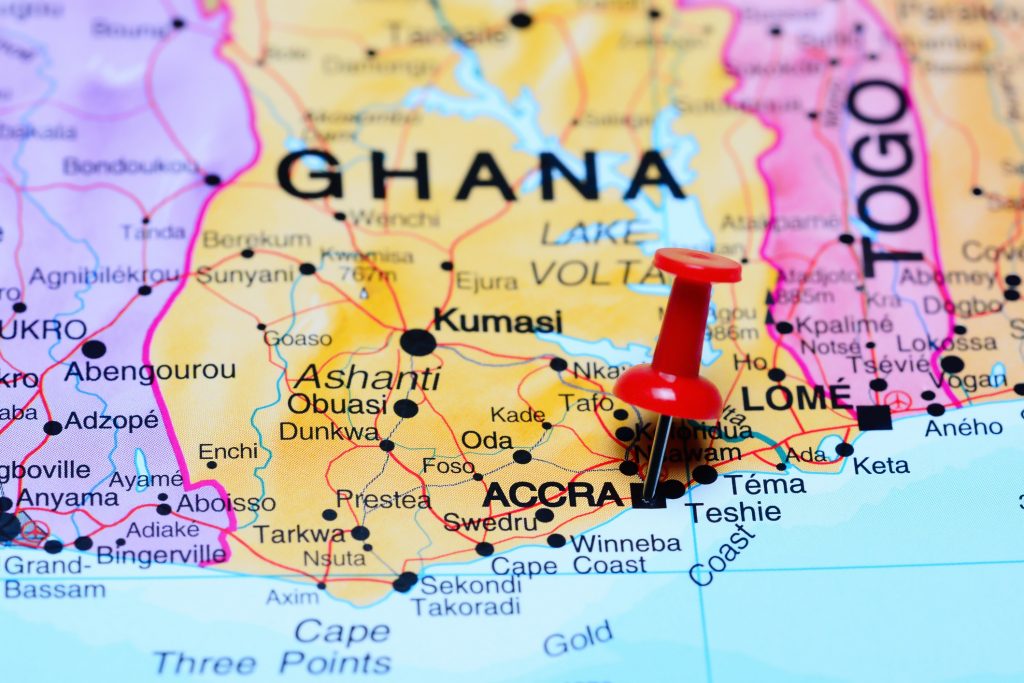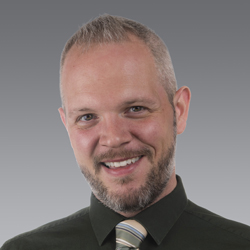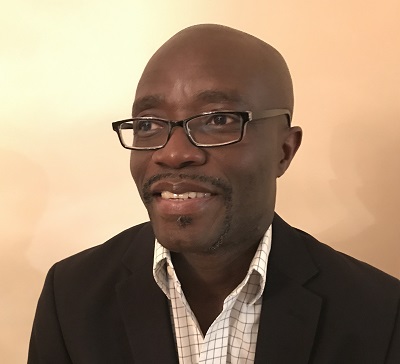Vintage Over Digital: Alumnus Dan Cohen’s Voyager CD Bag Merges Music and Fashion
Bucking the trend of streaming music platforms and contrary to what one might expect of a member of his generation, musician Dan Cohen ’25 prefers listening to his favorite artists on compact disc (CD) and record players. His research and…




